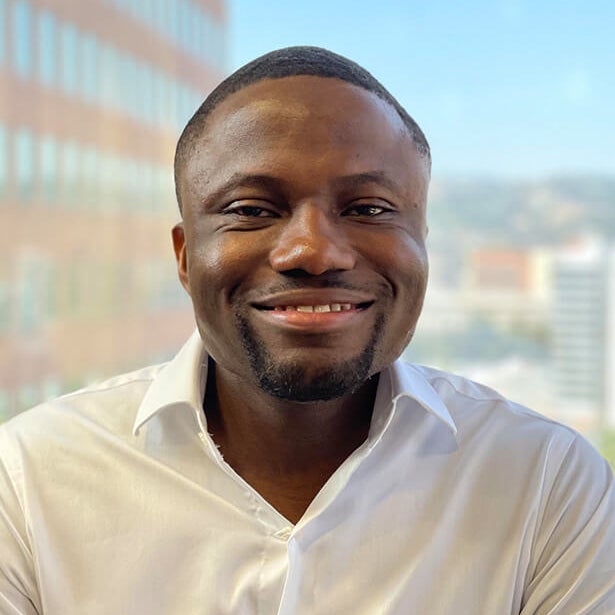Q: What attracted you to the MEECON program?
A: What attracted me to the MEECON program was its unique combination of economics, finance, and energy capital markets. This program will develop analytical skills that will help provide insightful analysis into energy markets in order to inform future market orientation, capital asset decisions and firm strategic direction.
Q: What was your career like prior to the program?
A: Prior to the program, I was working as an investment banker in the mergers & acquisitions group on Wall Street, where I was involved in equity and debt capital raising transactions as well as M&A assignments, liquidity forecasting and assessments, business plan due diligence, development of waterfall and recovery analyses, stakeholder negotiations, plan of reorganization development, M&A/transaction advisory including purchase and sale negotiations and seller due diligence support, board/shareholder representation, developing executive compensation/bonus plans, and ad-hoc strategic and operational assessments.
Q: Where are you now in your working life and what do you do?
A: I am currently a private equity investor at St. Cloud Capital, a Los Angeles-based private investment firm founded in 2001 to provide growth capital to U.S. lower middle market companies with annual revenues between $10 million and $150 million. At St. Cloud, I am responsible for sourcing, execution, and portfolio monitoring functions.
Previously, I worked as a senior consultant at FTI Consulting, Inc., in Los Angeles, advising various stakeholders of troubled and distressed companies across a wide range of industries.
Q: What was the highlight/most memorable moment of your experience in the MEECON program?
A: I really enjoyed meeting other smart work professionals with great backgrounds, who not only enriched classroom discussions, but were humble enough to ask questions and work collaboratively.
Q: What was your favorite class in the MEECON program?
A: My favorite class in the program was Energy and the Macroeconomy with Professor Amelie Carlton. It was a very dynamic class that sought to assess the intersections between energy and economic activity at the regional, national, and international level. More importantly, how monetary policy plays a significant role within global financial markets.
Q: What would you say to someone who is considering leaving their job for about one year to pursue a professional master's program?
A: I would say it is definitely worth considering it. Whether it’s taking a brief sabbatical from work to regroup (like I did), or maybe you’re looking to make a career pivot, I would say that the program offers interesting career opportunities and connects you with very smart, driven, and talented professionals.

